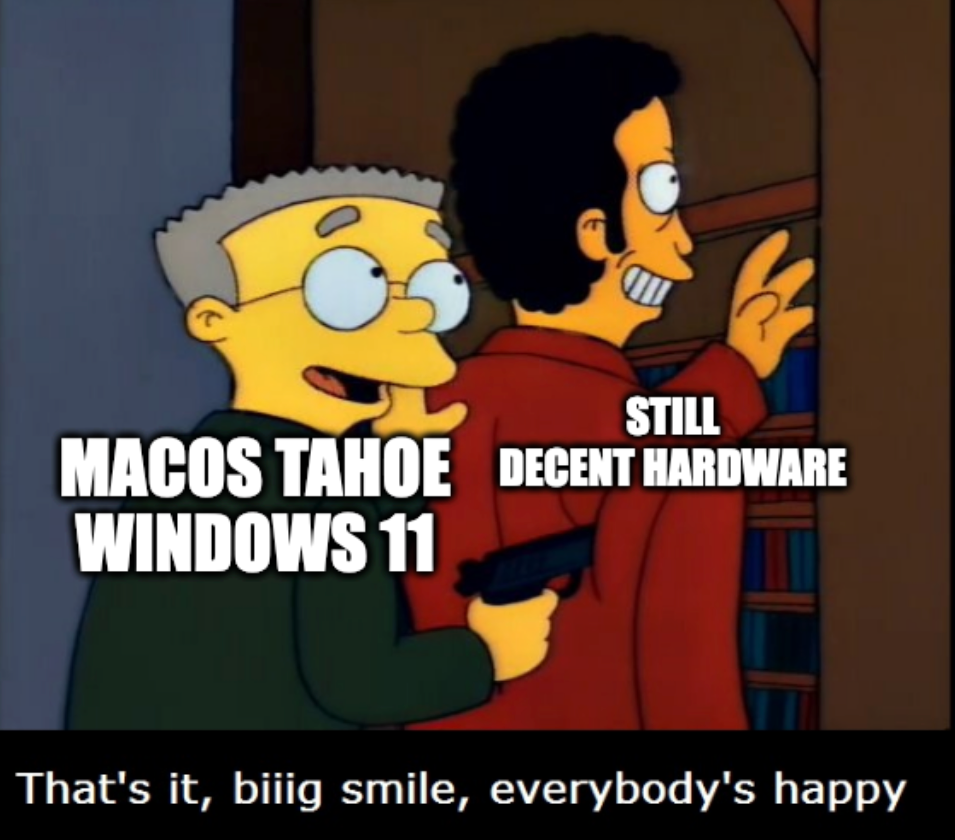The Great Heist: How Employers Have Stolen Over $50 Trillion From Workers Since 1975
https://medium.com/@hrnews1/new-report-employers-in-the-usa-have-stolen-over-50-trillion-from-workers-since-1975-6afdcfdc0e85
The largest theft in American history isn’t happening in banks or jewelry stores. It’s happening in offices, factories, restaurants, and construction sites across the country, where employers have systematically stolen over $50 trillion from workers since 1975. This isn’t hyperbole — it’s the documented result of decades of wage suppression, productivity theft, and the deliberate transfer of wealth from workers to corporate owners.
The $50 Trillion Theft: Breaking Down the Numbers
The scale of this theft becomes clear when examining multiple forms of wage suppression that have operated simultaneously for nearly five decades:
The Productivity-Wage Gap: $2.2 Trillion Stolen Annually
The most dramatic evidence comes from the productivity-wage gap documented by the Economic Policy Institute. From 1979 to 2021, worker productivity grew by 64.6% while hourly compensation grew by only 17.3%. This means workers are producing nearly twice as much value per hour as they did in 1979, but seeing almost none of that increase in their paychecks.
If wages had kept pace with productivity, the average worker would earn approximately $42 per hour today instead of around $23. The Economic Policy Institute estimates this gap costs workers $2.2 trillion per year in lost wages. Cumulatively since 1975, this amounts to well over $50 trillion in stolen productivity gains.
Labor’s Shrinking Share: Trillions Redistributed to Capital
Federal Reserve and Bureau of Labor Statistics data reveal another dimension of this theft. Labor’s share of national income has declined from approximately 63% in the mid-20th century to just 56% today, while corporate profits have soared. This 7-percentage-point shift in a multi-trillion-dollar economy represents trillions of dollars redirected from workers’ paychecks to corporate shareholders and executives.
The RAND Corporation’s Smoking Gun
A 2020 RAND Corporation study provided perhaps the most damning evidence of systematic wealth theft. Researchers found that if income growth since 1975 had been as equitable as in previous decades, the median full-time worker would earn approximately $92,000 annually instead of around $50,000. The cumulative gap for all workers exceeds $50 trillion in suppressed wages.
Direct Wage Theft: The Tip of the Iceberg
While the productivity-wage gap represents the largest component of theft, direct wage theft — employers literally stealing wages already earned — adds billions more to the total. This includes:
$15 billion stolen annually through minimum wage violations, unpaid overtime, off-the-clock work, and tip theft. At least 4 million workers are illegally underpaid each year, losing an average of $3,000-$3,500 annually.
In Los Angeles fast food restaurants alone, 1 in 4 workers are illegally paid below minimum wage, costing each victim an average of $3,500 annually. In Western New York, 1,900 employers withheld $17.1 million from 23,613 workers over a single decade.
$50+ billion in total wage theft annually when including all forms of wage violations, according to Economic Policy Institute estimates. This direct theft adds over $2 trillion to the cumulative total since 1975.
The Mechanisms of Theft
This massive wealth transfer didn’t happen by accident. It resulted from deliberate policy choices and corporate strategies:
Union Busting and Wage Suppression
Research from Harvard and the University of Washington shows that declining unionization accounts for one-third of the rise in wage inequality. Union membership fell from 35% in the 1950s to just 10% today, eliminating workers’ primary tool for capturing productivity gains.
Corporate Profit Maximization
Corporate profits as a share of GDP have doubled since the 1970s while worker wages stagnated. Companies that once shared productivity gains with workers through higher wages now capture those gains entirely as profits for shareholders and executives.
Regulatory Capture and Weak Enforcement
Labor investigator staffing has hit a 52-year low, with just 611 investigators for 165 million workers — one investigator per 278,000 workers. This deliberate understaffing ensures that wage theft goes unpunished and employers face minimal consequences for violations.
The Real-World Impact
This isn’t just an abstract economic debate — it’s about millions of families struggling to survive while corporate profits soar:
Housing Crisis: If wages had kept pace with productivity, median workers would earn $84,000 annually instead of $42,000, making housing affordable for millions more families.
Healthcare Bankruptcy: The $42,000 in annual income stolen from the median worker would cover health insurance premiums and medical expenses for most families.
Education Debt: Workers losing $3,000-$3,500 annually to direct wage theft could pay for college tuition or vocational training instead of going into debt.
Retirement Security: The $50 trillion stolen from workers since 1975 would have provided retirement security for an entire generation.
The Enforcement Charade
The current enforcement system is designed to enable theft, not prevent it. While property crimes worth millions receive massive law enforcement attention, wage theft worth tens of billions goes largely ignored:
Understaffed Agencies: Some states have just one investigator for every 500,000 workers; four states have no investigators based in-state.
Weak Penalties: Employers often face penalties less than what they saved by stealing wages, making theft profitable.
Retaliation: Up to 98% of low-wage workers subject to forced arbitration never pursue stolen wages, knowing they’ll face job loss and legal costs they can’t afford.
Minimal Recovery: Only $1.5 billion in stolen wages were recovered between 2021–2023, representing less than 1% of the estimated $150+ billion stolen during that period.
Corporate Criminals
Major corporations appear repeatedly on wage violation lists, treating theft as a business strategy:
AT&T: 34 different wage and hour violations totaling $140 million in penalties since 2000
Walmart: Hundreds of millions in wage theft settlements
Amazon: Systematic wage theft affecting hundreds of thousands of workers
For these companies, wage theft penalties are simply a cost of doing business — a small price to pay for stealing billions from workers.
The Bigger Picture: Class Warfare
The $50 trillion theft represents the largest upward transfer of wealth in American history. It’s not a bug in the system — it’s a feature. Corporate America has successfully:
Decoupled wages from productivity through union busting and political influence
Captured regulatory agencies to ensure minimal enforcement
Shifted national income from workers to capital owners
Normalized wage theft as acceptable business practice
This systematic theft has created unprecedented inequality, with the top 1% capturing nearly all productivity gains while working families struggle with stagnant wages despite producing more value than ever.
Reclaiming What Was Stolen
The $50 trillion theft isn’t inevitable — it’s the result of policy choices that can be reversed:
Strengthen Labor Enforcement: Hire thousands of investigators, impose criminal penalties for wage theft, and protect workers who report violations.
Restore Collective Bargaining: Make union organizing easier and require employers to negotiate in good faith.
Link Wages to Productivity: Implement policies ensuring workers share in the value they create.
Criminal Penalties: Treat wage theft like the grand larceny it is, with prison sentences for repeat offenders.
Wealth Redistribution: Use progressive taxation to reclaim some of the stolen wealth and invest in public services that benefit workers.
The Crime of the Century
The theft of $50 trillion from American workers since 1975 represents the largest property crime in world history. It has impoverished millions, destroyed communities, and created a feudal economy where workers produce enormous wealth but receive subsistence wages.
This isn’t a natural economic phenomenon — it’s organized theft enabled by corrupt politicians, captured regulators, and a legal system that prioritizes corporate profits over worker rights.
The evidence is overwhelming: productivity gains that should have gone to workers have been systematically stolen by employers for nearly five decades.
The time for polite economic debate is over. American workers have been robbed of $50 trillion, and it’s time to treat this theft with the seriousness it deserves.
Nothing less than a complete restructuring of economic power will restore what has been stolen and prevent future theft on this scale.
Data sources: Economic Policy Institute, RAND Corporation, Federal Reserve, Bureau of Labor Statistics, U.S. Department of Labor, Harvard University, University of Washington, and numerous academic studies documenting the systematic theft of worker productivity and wages since 1975.










